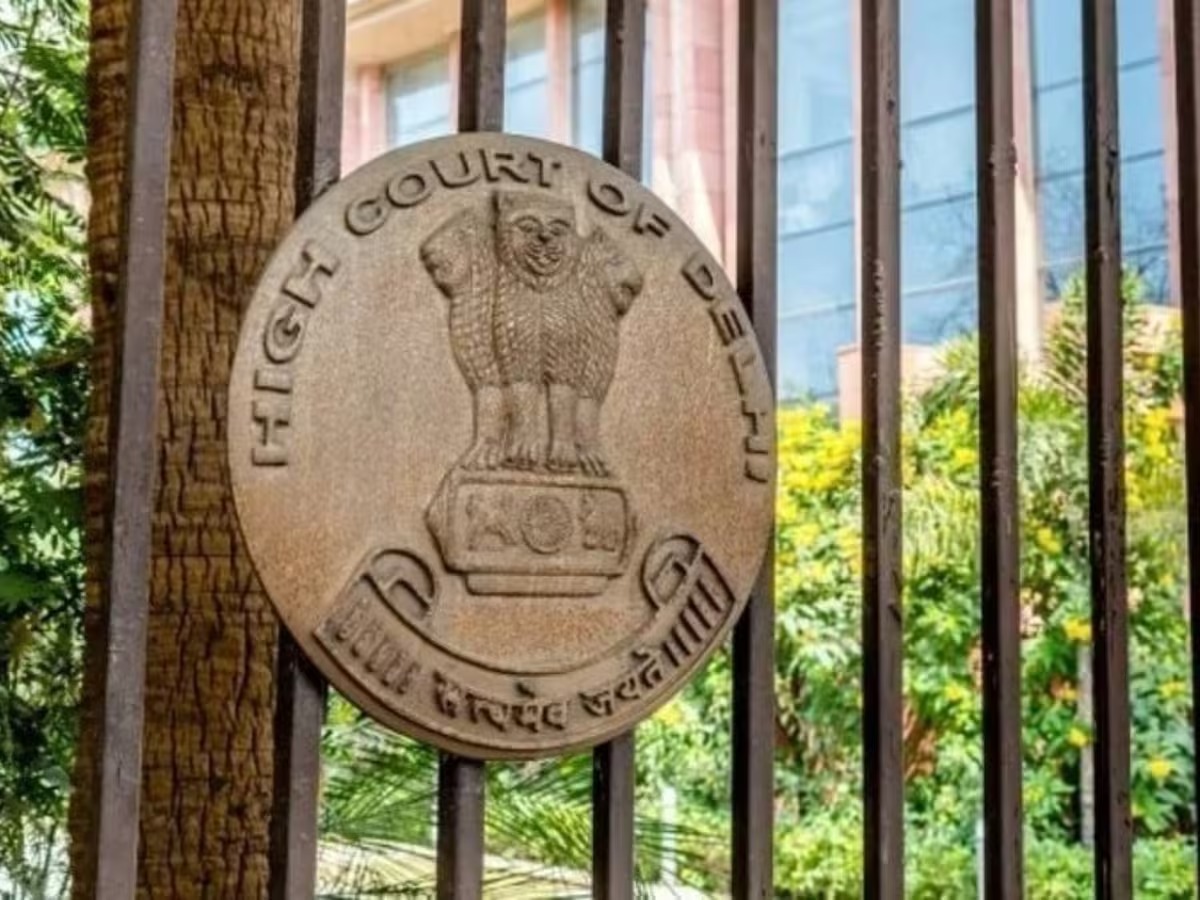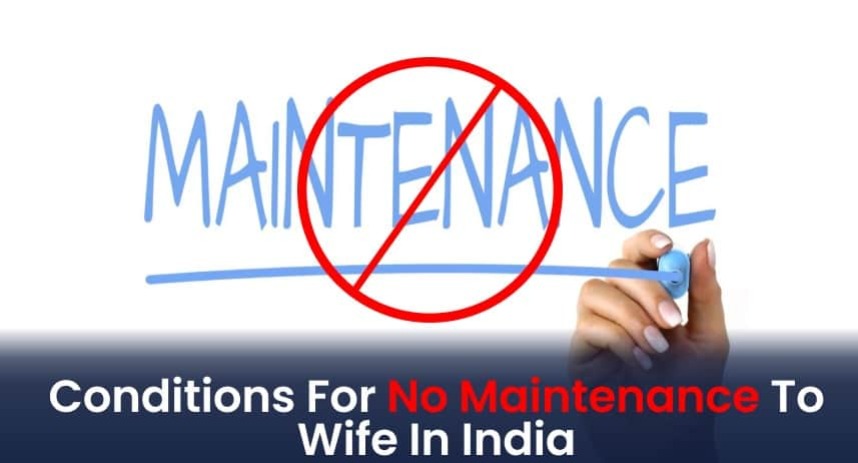Rajadhyaksha, J.@mdashThis is an appeal against the order of the District Judge of Ratnagiri reversing the order of the Subordinate Judge of Deorukh in Miscellaneous Application No. 29 of 1939 and allowing the application of an assignee of a decree-holder to have the assignment recorded and for leave to execute the decree.
2. One Murari obtained a decree in Suit No. 102 of 1935 against the opponents on 29th March 1935, and he thereby obtained a declaration that he was the owner of 2 1/3 pies share in the taxim out of dhada No. 48 in the village of Angavali and that he was also entitled to Rs. 150 for the unpaid purchase money and to Rs. 226-7-5 for half the costs of the suit. On 1-11-1938, he assigned his right under the decree for the recovery of Rs. 150 for the unpaid purchase money and for the costs to one Rajaram who filed the present Miscellaneous Application No. 29 of 1939. In a subsequent suit, No. 317 of 1935, for partition to which Murari was a party no share was assigned to Murari. Thereupon Rajaram the assignee from the original decree-holder Murari filed the present application for recording the assignment and for leave to execute the decree. The application was purported to be made under Order XXI, Rule 16, Civil P.C. The executing Court was of opinion that such an application was not competent, following the judgment of the Calcutta High Court in ILR (1939) 2 cal. 325.1 On merits the Court held that the darkhastdar being a transferee of a part of the decree was not entitled to execute the portion transferred to him. On both these grounds the application was dismissed. The assignee thereupon filed an appeal in the District Court of Ratnagiri, and the learned District Judge who heard the appeal held that in effect the applicant was a transferee of the whole of the decree and therefore could maintain the application. It does not appear on record whether the question as to the maintainability of the application was argued before the learned District Judge, but having regard to the fact that the learned District Judge allowed the application, the objection does not appear to have been pressed before him. Accordingly the learned District Judge reversed the order of the lower Court and directed that the assignment should be recorded and the applicant granted leave to execute the decree in Regular Suit NO. 102 of 1935 as an assignee. It is against that order that the judgment-debtors have come in appeal.
3. With regard to the point regarding the validity of the assignment, it seems to us that the view taken by the learned District Judge is correct. The assignment was in effect of the whole of the executable part of the decree. The decree contained a declaration of Murari''s right to a share in the taxim and enabled him to recover Rs. 150 as part of the unpaid purchase money and costs. In transferring his right to the darkhastdar with respect to Rs. 150 and costs,, the decree-holder has in effect assigned the whole of his decree so far as it was executable. In fact in the suit for partition, No. 317 of 1935, Murari was not assigned any share in the taxim. In our opinion, therefore, the objection based on the assignment of the decree being irregular fails.
4. As regards the other point, it has been contended by Mr. Walavalkar that the assignee Rajaram did not in fact apply for execution but merely asked that the assignment should be recorded and that he should be granted leave to execute the decree. It is argued that such art application is not competent and is not contemplated by the Civil Procedure Code. Order 21, Rule 16 says that where a decree is transferred by assignment in writing or by operation of law, the transferee may apply for execution of the decree to the Court which passed it, and the decree may be executed in the same manner and subject to the same conditions as if the application were made by such decree-holder. It was argued by Mr. Walavalkar that there is nothing in Order XXI, Civil P.C., which entitles an assignee of a decree to come to the Court and merely ask that his assignment should be recognised and that he should be granted leave to file execution proceedings. He relied in this connection on the judgment of the Calcutta High Court in ILR (1939) cal. 325,1 in which the learned Judge held that Order XXI, Rule 16 of the Code nowhere provides for an application to record an assignment or for an application for leave to execute a decree by an assignee or for an application for substitution. Our attention has been invited to a ruling of this Court in 39 Bom. L.R. 540,2 in which B.J. Wadia J. expressed the following view (p. 554):
In my opinion the procedure to be followed in making an application under Order 21, Rule 16, falls under two heads. The transferee must first apply for execution of the decree to the Court which passed it, and pray that the usual notice do issue. After the objections have been heard and the notice is made absolute, the decree may be executed by the transferee in the same manner and subject to the same conditions as if the application was made by a decree-holder. The transferee must then apply for execution of the decree under Order 21, Rule 11, specifying the mode or modes in which the assistance of the Court is required.
On the strength of this judgment it has been contended that an assignee may first ask the Court to recognise the assignment and after the assignment is recognised then apply for execution of the decree. This contention is, as I have already stated, opposed to the view of the Calcutta High Court in the case cited above. But even B.J. Wadia J. contemplated that the application by a transferee must be for the execution of the decree and not merely be an application for the recognition of the assignment and for leave to execute the decree. An application made under Order 21, Rule 16, must be for the execution of the decrees and not merely for the recognition of the assignment and for leave to execute the decree. The learned Subordinate Judge says that the practice in this Court is to entertain applications of this kind but the practice, if such a practice prevails, is opposed to the provisions of Order 21, Rule 16, Civil P.C., and we are of opinion that an application made by an assignee of a decree must, under Order 21, Rule 16, be for the execution of the decree. There is nothing in the judgment of B.J. Wadia J. to suggest that there can be an original application merely for the purpose of the recognition of the assignment and for leave to execute the decree, In that view we think that the application in the form in which it was made by the assignee was defective. But the defect in any case appears to us to be a technical one especially in view of the fact that the practice prevailing in his Court, according to the learned Subordinate Judge, was to entertain applications of this kind. We therefore think that it would be unfair to penalise the assignee for following a practice which has hitherto been recognised as legal. Mr. Parulekar on behalf of the respondent assignee has made an oral application that his client may be allowed to amend the application so as to conform to the requirements of Order 21, Rule 16. We see no reason why this application should not be granted and the procedure regularised.
5. We therefore confirm the order of the learned District Judge and direct that the respondent-assignee should make the necessary amendments asking for the execution of the decree under Order 21, Rule 16, within two months of the receipt of these papers in the lower Court. In case of his failure to do so, the application will stand dismissed. If the application is made, the learned Judge should allow the amendment and then proceed to dispose of the application for execution in accordance with the law.
6. As the order that we have made is in a sense an indulgence which we have shown to the original applicant, we think that the respondent-assignee of the decree should pay the costs of the appellants judgment-debtors in this Court and bear his own. The costs so far incurred in the trial Court and in the District Court will be costs in the darkhast.
Macklin, J.
7. I agree. I am not aware of any provision of the CPC which prevents the holder of a decree from assigning it in part any more than I am aware of any provision of law which prevents an owner of any property from disposing of it as a whole or in part. The only difficulty in the way of an assignee of a part rather than the whole of a decree is that in many cases decrees cannot be executed except as a whole. If therefore he is the assignee of only a part of the decree, he cannot in such a case execute only for a part of the decree and he is not entitled to execute for the whole of the decree because he is not the owner of the whole of the decree. So far as I am aware, there is nothing whatever illegal in his becoming the assignee of a part only of the decree. His rights, so far as they go, are exactly the same as the rights of his assignor; and if it would be open in any particular case for the assignor to execute for a part only of the decree, the rights of the assignee would be exactly the same, neither more nor less.
8. As to the second objection which is raised in this case, it is a pure technicality, It is true that the Code nowhere provides for an application of this kind-an application to be recognised as a decree-holder apart from an application to execute the decree,-and litigants should always follow the provisions of the Code when the provisions of the Code are adequate for all practical purposes. But it would be sheer injustice to dismiss this application and drive the applicant to a time-barred execution merely because he had not followed the strict provisions of the Code. I can well imagine cases in which it might be extremely convenient for all parties that the assignee should have his rights established before putting himself and the judgment-debtors to the trouble of execution proceedings. But unfortunately the Code does not provide for that sort of thing. There is, however, no injustice whatever but on the contrary every convenience in our permitting the application to be amended into an application for the execution of the decree by the assignee as provided by the Code; and the fact that an independent application for execution would probably be time-barred is immaterial since, as I have already said, this is a pure technicality and the judgment-debtors were never entitled to the defence of limitation. If the judgment debtors are the sort of litigants who feel justified in taking advantage of pure technicalities without any substantial justice in them, I cannot say that they are not entitled under the law to do so. But the Courts are here to do justice if possible, and it is their duty to cure a technical defect if the technical defect can be cured. For that reason I agree with the order proposed by my learned brother.

